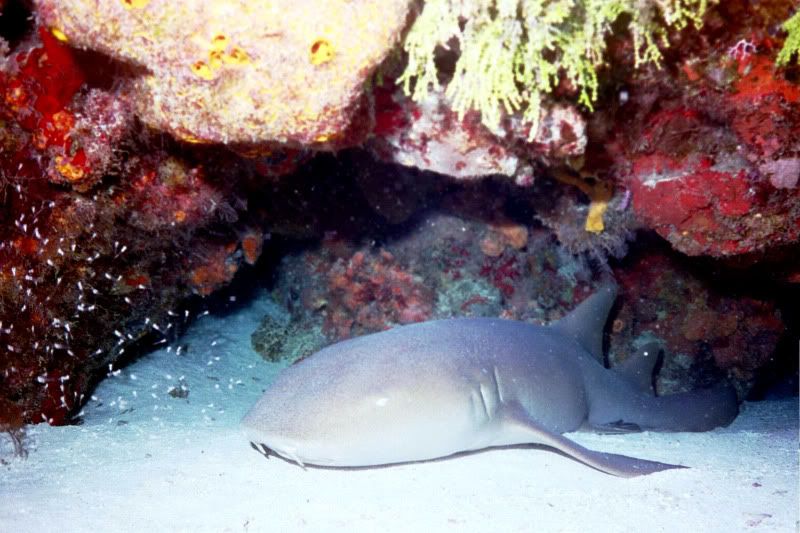Paul B
NJRC Member
I'm not really saying it's a bad idea, or that it doesn't have any merit to it. Just wanted to present the other side of the argument.
Wow you read that fast.
Beerfish, keeping in mind that I am an electrician and not a researcher these ideas are only mine from my own experience. Some of the people's tanks here far surpass mine in beauty. My tank is and always has been an experiment. I do things that I would not always recommend and I am not recommending my methods, I am just posting my results.
I have plenty of theories and I find plenty of modern practices to be detrimental to the longivity of our inhabitants but I keep quiet for most. I am already in trouble for UGFs, beer cans, bottles, mud, LI Sound water, Plaza Hotel lights etc.



